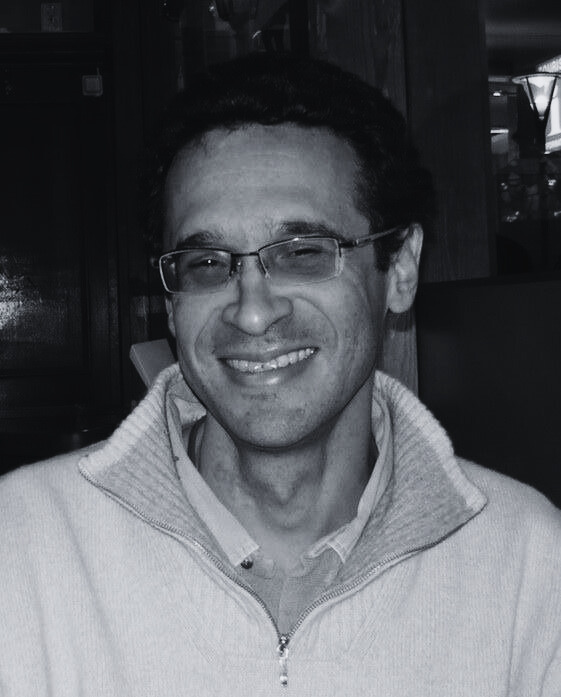
Plinio Barbosa
Plínio A. Barbosa obtained his PhD degree in 1994 by the Institut National Polytechnique de Grenoble/Institut de la Communication Parlée, Grenoble, France. He graduated in Electronic Engineering in 1988 by the Aeronautic Technological Institute, Brazil. He also has graduated studies in French literature (Univ.Nancy). He is now full professor of the Department of Linguistics of the Instituto de Estudos da Linguagem at the State University of Campinas (Brazil), and responsible for the Speech Prosody Studies and the Forensic Phonetic Studies Groups, both formed by a team of researchers and students working on (dynamical) analysis and modelling of speech prosody, mainly with Brazilian Portuguese, but also including European Portuguese, French and German. He has published more than 170 papers and book chapters and is author of five books on Speech rhythm, Experimental phonetics, Prosody, Speech Sciences and Experimental prosody. His interests are directed to acoustic phonetics, speech rhythm, dynamical systems theory, speech pathology analysis, intonation, forensic phonetics, sign languages, and acoustic correlates of literary texts interpretations. He is Editor of the journal Journal of Speech Sciences, a member of the editorial board of the International Journal of Speech Technology, Phonetica, and some Brazilian journals He is current member of the following associations: IPA, ISCA and a member of the board of the ISCA Speech Prosody SIG.

Charles Bernstein
Charles Bernstein's newest book is The Kinds of Poetry I Want: Essays and Comedies (University of Chicago Press). He won the 2019 Bollingen Prize for Near/Miss (Chicago, 2018) and lifetime achievement and the 2025 America Award for lifetime contribution to international writing and the 2025 America Award for Lifetime Contribution to International Writing. Recent books: Topsy-Turvy (Chicago, 2021) and Pitch of Poetry (Chicago, 2016). His work was the subject of The Poetry of Idiomatic Insistences, edited by Paul Bové, the Fall 2021 issue of boundary 2. He is Regan Professor, Emeritus, University of Pennsylvania and a Fellow of the American Academy of Arts and Sciences. Translations of his poems have been translated, in recent years, into Italian, Polish, Russian, Serbian, Spanish, French, Portuguese, Swedish, and German as well as non-Western languages; he is currently at work on an English translation 😎. He mostly lives in Brooklyn. More info @ http://writing.upenn.edu/epc.

Stefan Blohm
Stefan Blohm obtained his PhD in General Linguistics from the university of Mainz (Germany). He held positions at the department of Language and Literature at the Max Planck Institute for Empirical Aesthetics (Frankfurt/Main, Germany) and Radboud University’s Center for Language Studies (Nijmegen, Netherlands); he currently works as a researcher at the Leibniz Institute for the German Language (Mannheim, Germany). He employs experimental methods to better understand the role of recipients’ genre conceptions in the reception of poetry, and to study the cognitive and aesthetic effects of systematic sound patterning in verse. His research in experimental poetics has been funded by the Max Planck Society, the German Academic Exchange Service, and the Radboud Excellence Initiative.
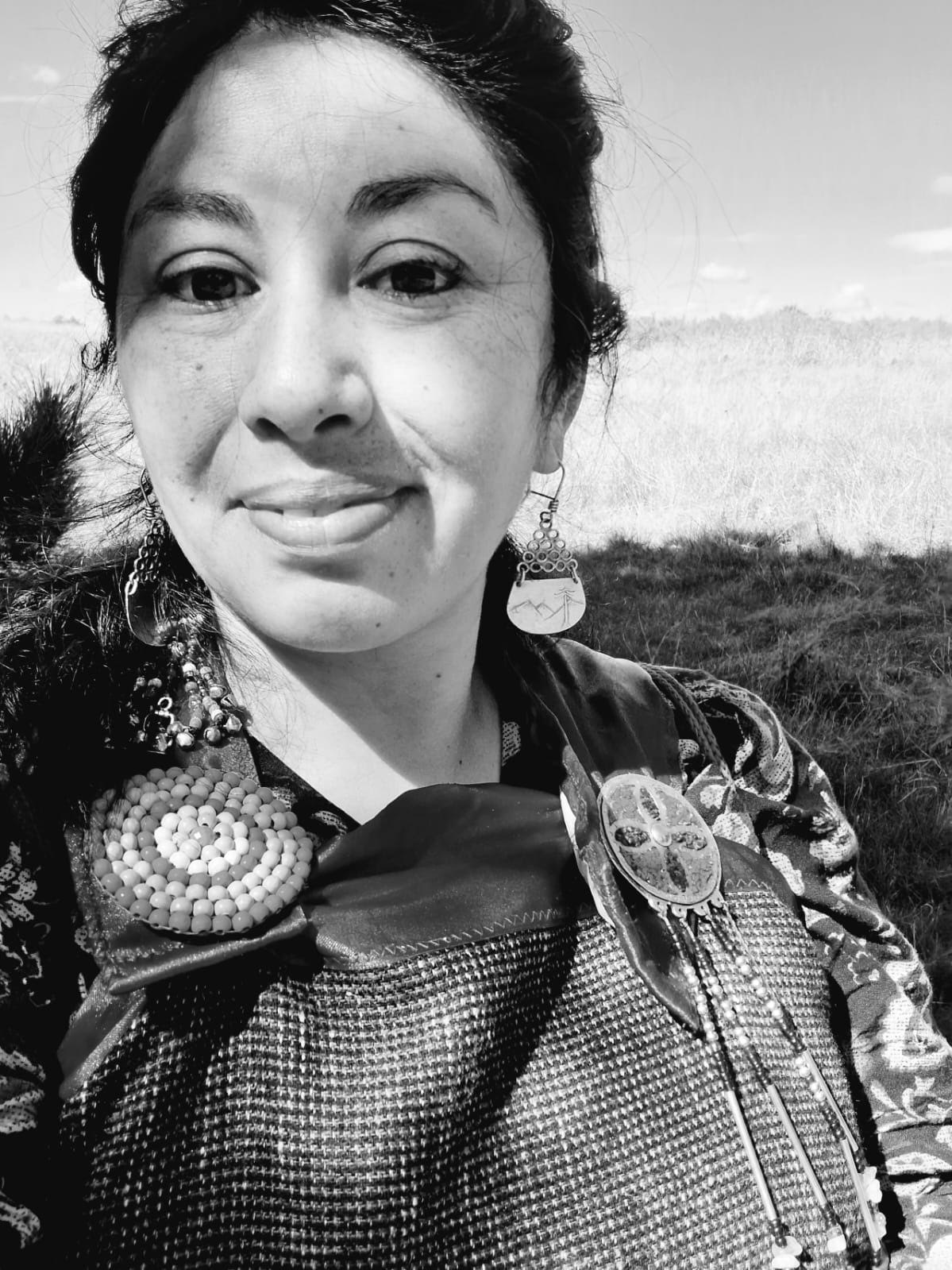
Klaura Anchio
Klaura Anchio Boroa, a Mapuche poet from the Foyeko territory in Temuko, has been writing poems since childhood. A self-taught poet, she is also a jeweler and embroiderer by trade, and a Legal Technician by profession. She has participated in various educational and cultural spaces with her literary creations in different territories of Wallmapu, Santiago, Uruguay, and Bolivia. She has also participated in feminist meetings in Temuko (2014), Bolivia (2016), and Uruguay (2018). She has been invited to publish in journals such as Mapuñuke (2013) and Comarcas Literatura (2015), and in books like Zomo, Trazos de una historia (2017) and Yafuluwaiñ, mujeres mapuche en resistencia (2018). She has taken part in international events like the World Festival of Poetry (2020) and the Indigenous Writers, Diálogo Project (2021). She published her first poetry collection, Kura Newen, with Mallolafkeñ Publishing in 2024.
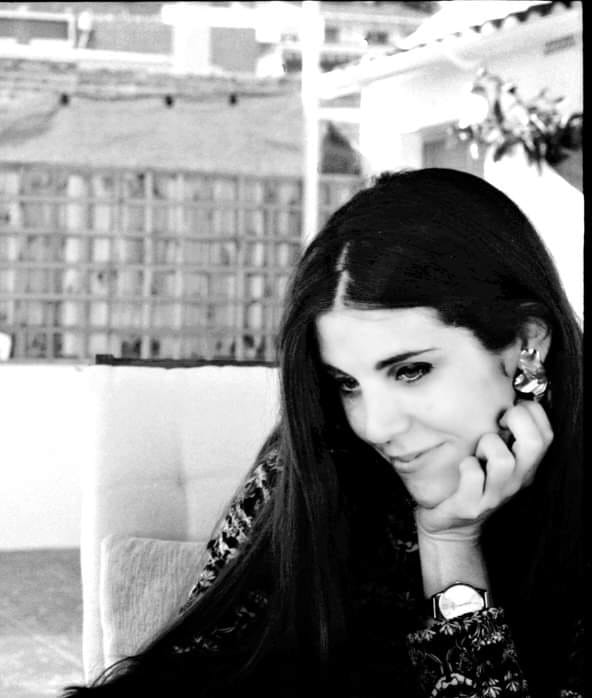
Estefania Cabello
Estefania Cabello, born in La Carlota (Córdoba) in 1993, is a writer and cultural activist. She is currently completing her doctoral thesis in Spanish Literature at the University of Córdoba and the University of Exeter (UK). She is the director of the master's program in Oratory and Rhetoric and a professor in the Master's in Creative Writing at the International University of La Rioja. Her research focuses on the reception of classical tradition in contemporary poetry and updating the canon in studies of women writers (19th and 20th centuries). She has received numerous academic awards and, in 2022, was granted the Carlos V Foundation Yuste-Council of Europe Prize. Estefanía has lived in various countries and has published a book of short stories and four poetry books, the latest being Muchacha con mirlo en las manos, winner of the Carmen Conde poetry prize in 2023.

Miguel Rodriguez
Miguel Rodríguez Monteavaro, born in Bual (Asturias) in 1990, is a poet, musician, and PhD in Asturian Linguistics from the University of Oviedo, where he currently works as a researcher. He has published several poetry books, including Trenta razóis pra nun medrar (2010), Oi, que dice mamá que volvas (2023), A lluz, Orión e a nova lluz (2024), and Cortar pescado en Manila (2024). He has received numerous awards, including the Asturias Joven de Poesía (2019) and the Xuan María Acebal Prize (2024). His poems have been translated into many languages, including Spanish, English, Chinese, Swahili, Swedish, and Polish, among others.

Rafael Rubio
Rafael Rubio, born in 1975 in Santiago, Chile, comes from a family with a literary tradition. Both his grandfather, Alberto, and his father, Armando, were poets. The tragic death of his father has been a recurring theme in his work. He obtained his PhD in Literature in 2008 with a thesis on plagiarism, parody, and pastiche in Chilean poetry. That same year, he was awarded the Pablo Neruda Prize. His poetry, part of the 90s generation or Los Náufragos, is characterized by the use of traditional rhythmic and metric formats, as well as his sublime treatment of death.
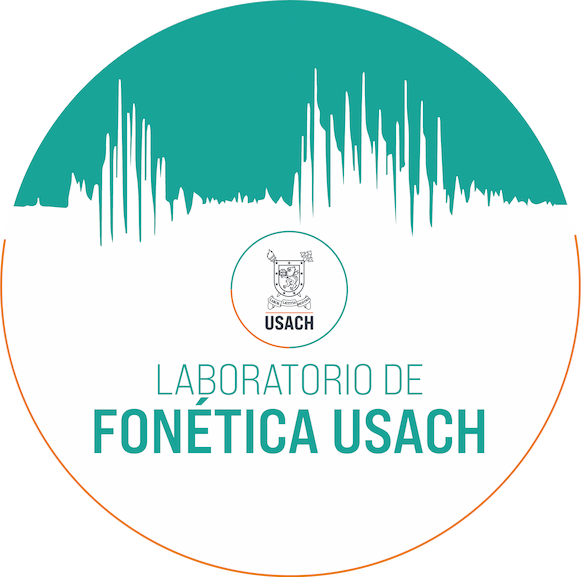



Facultad de Humanidades | Universidad de Santiago de Chile
Avenida Libertador Bernardo O'Higgins n°3363 | Estación Central - Santiago - Chile
